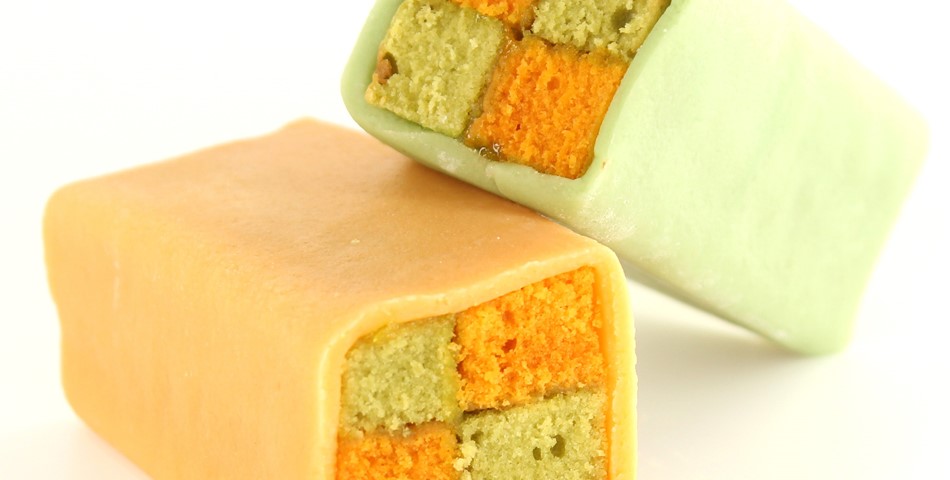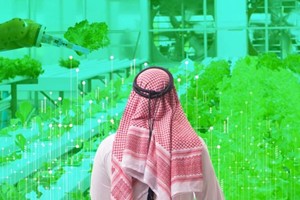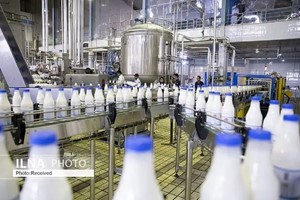Regulatory changes in the declaration of synthetic colorants are shaking the food industry and the clock is ticking: within the GCC region, as of 1 January 2017, all foods and beverages containing the colorants Allura Red AC (INS 129), Sunset Yellow (INS 110), Azorubine / Carmosine (INS 122) or Tartrazine (INS 102) will have to carry the on-pack warning statement "this material may be having a negative effect on activity and concentration in children". Saudi Arabia will be the first country, where the legislation GSO 2500/2015 becomes effective. Since the Gulf Cooperation Council has resolved this statement soon to be mandatory for the entire region, not only companies producing in and importing to Saudi Arabia need to take action. "Consumers all over the world and in the Middle East show growing skepticism towards additives - especially to those requiring warning statements, which could definitively keep health conscious shoppers from buying an affected product", says Santhosh Thankappan, Sales Director at GNT Middle East. "Forward looking manufacturers should, therefore, now focus on truly natural color solutions," he added. In order to avoid having to place such a warning, some producers have already revised their recipes or are looking for alternatives, thus creating further competitive pressure among the industry. To impart food and beverages with stable and vibrant colors, manufacturers can replace synthetic dyes with natural solutions such as Coloring Foods. These are concentrates made exclusively from fruits, vegetables and edible plants.















